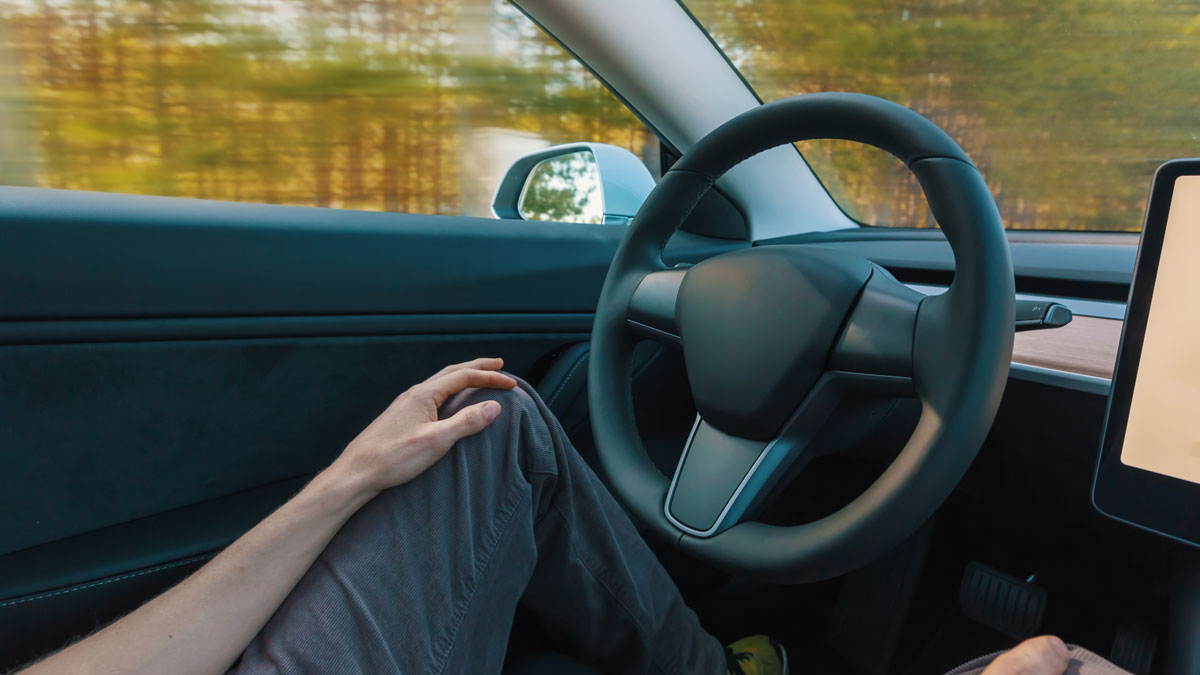Preliminary Survey Shows that Partial Automation of Vehicles May Be Leading to More Driving and Multitasking at the Wheel

June 2, 2020, Davis, California—A study from the Institute of Transportation Studies at UC Davis (ITS-Davis) shows that owners of Teslas with the partially automated “Autopilot” system tend to drive more than they did before having Autopilot, and several admit to multitasking while driving. Based on interviews of 36 Tesla owners, the study showed that partial automation decreases drivers’ experience of stress and road fatigue, making them more willing to drive in congestion and take longer trips. The reduced cost of running a battery electric vehicle may also have contributed to the increase in vehicle miles traveled.
The author of the study, Scott Hardman, Senior Researcher at the Plug-In Hybrid & Electric Vehicle Research Center at ITS-Davis, said, “The study highlights the fact that partially automated vehicles can cause and are already causing changes in how people travel—similar to the changes that modeling studies predict for fully automated vehicles. But partially automated vehicles, unlike fully driverless cars, are already on the market and having an impact.”
The study points to a need for policies and vehicle designs that will decrease the negative impacts of partial automation—and, eventually, of full automation—on roadway congestion and the environment.
Some study participants mentioned that while using Autopilot they slept or used their phones for internet browsing, texting, and emailing. This raises a concern about safety when using partially automated systems.
Dr Hardman presented his research findings at a webinar on June 4, which can be viewed here. Also, a policy brief, which summarizes the study, and a full-length research report are available online.
Thank you for your interest in the UC Davis Institute of Transportation Studies. Subscribe today to keep up with the latest ITS news and happenings.
